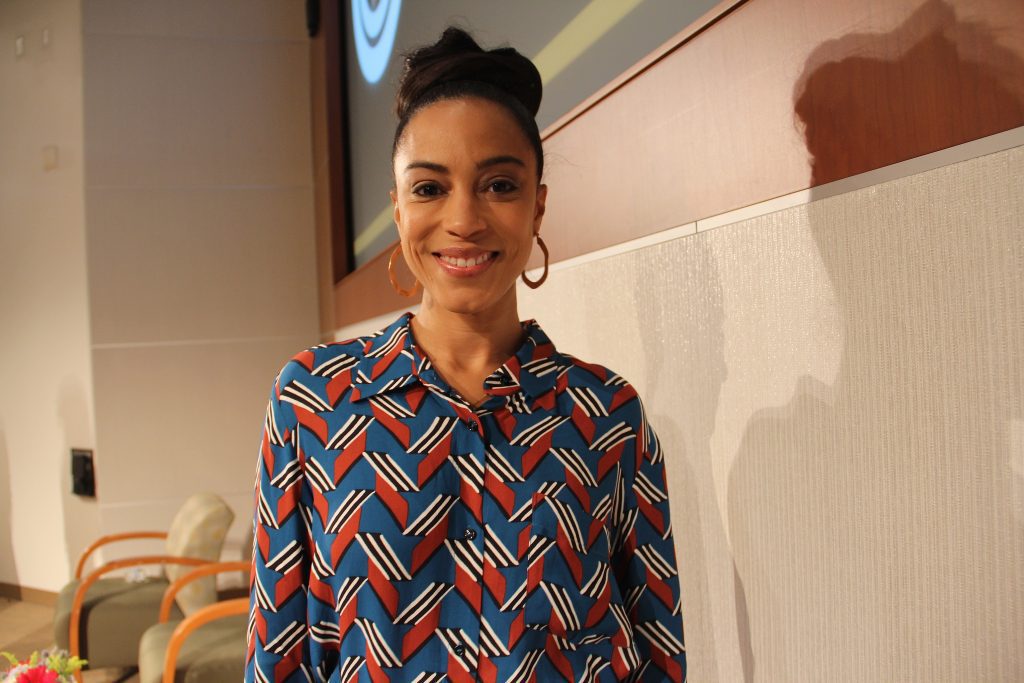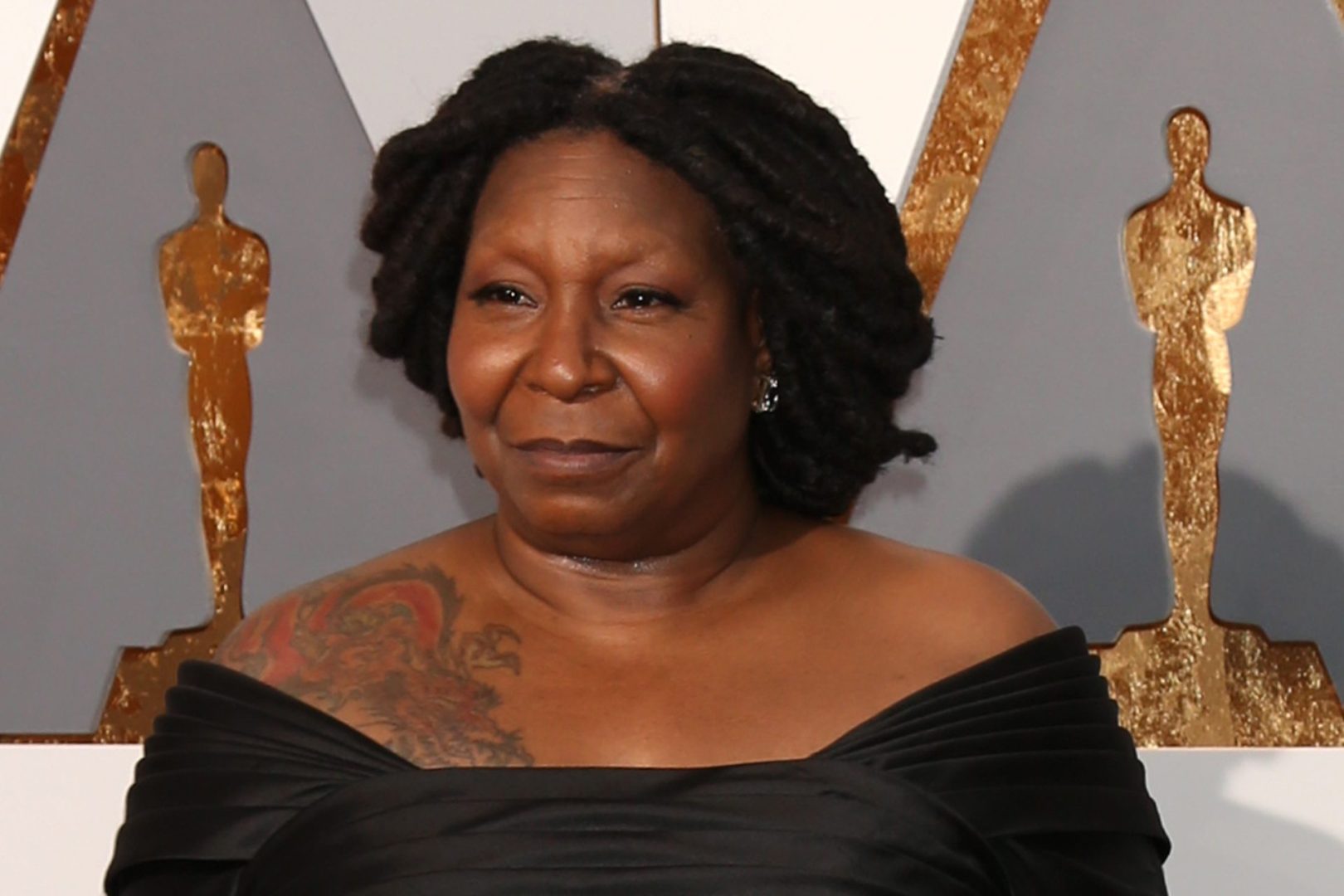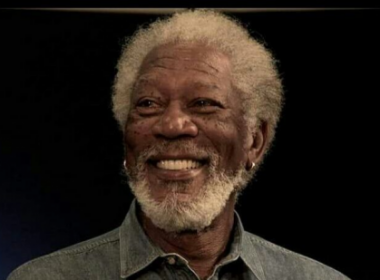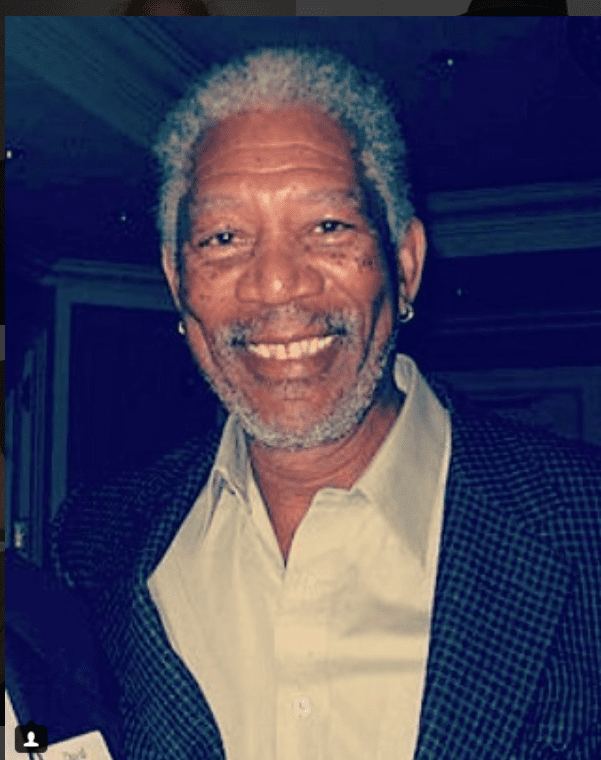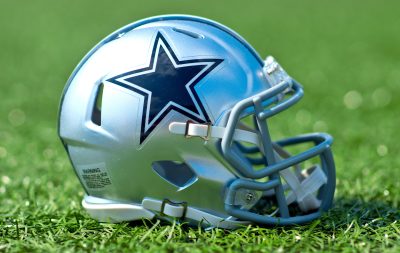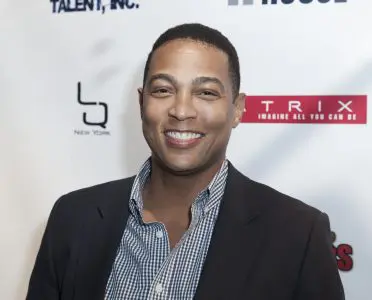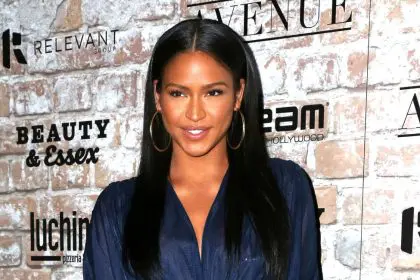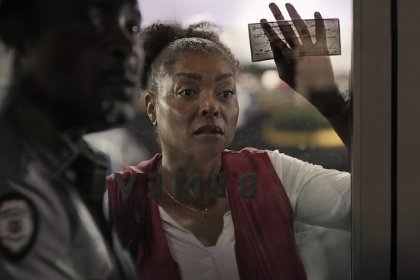Editor’s note: Kevin Powell is an activist, public speaker and author or editor of 11 books, including “Barack Obama, Ronald Reagan, and the Ghost of Dr. King: Blogs and Essays.” E-mail him at [email protected], or follow him on twitter @kevin_powell

(CNN) — My cousin Aaron abruptly typed me the news while we were texting back and forth about other matters: a Kansas City Chiefs football player killed his girlfriend, then went to the team’s practice facility and committed suicide in front of his head coach and general manager. Left behind was the couple’s 3-month-old daughter, who was in another room when her mother was shot multiple times. Like so many Americans, we were stunned.
We would learn later that player was Jovan Belcher, 25-year-old starting linebacker for the Chiefs, a man and an athlete spoken of in the highest regard by everyone from his high school teammates and coaches to his fellow professional football players. They, too, were stunned.
Indeed, what would lead a man who, by all accounts, loved family, friends and football and had overcome great odds to make the National Football League as an undrafted pick out of the University of Maine to take such shocking actions? A man raised by a single mother, he had achieved so much in such a short period that he had widely been considered a great role model for what could be done through hard work, grit and determination.
Since the killing and suicide are so fresh, so recent, we do not really know what might have driven Belcher to such extreme and horrific actions.
But the knee-jerk reactions have been rampant on the social networks. “Coward” is a term being used to describe Belcher. But that is too easy, far too simplistic, and name-calling never solves a problem.
Belcher was a man living in the supersized macho world of football, a world in which many of us American males reside, be it football or not. Too many of us have been taught manhood in a way that is not healthy. Be tough, men do not cry, man up — these are the things I’ve heard my entire life, and I now cringe when I hear this relayed to boys or younger men by teachers, coaches, fathers, mentors and leaders.
Or we use derogatory and sexist or homophobic words to describe men or boys who do not meet the “normal” of what a male is supposed to be. Some of these male authority figures mean well, or are simply repeating what they were socialized to be or to do, and do not realize that they are unwittingly teaching that manhood has little room to express hurt, disappointment and sorrow.
Yes, they had been arguing, Belcher and his girlfriend, but in my work as an activist, including around gender violence prevention, I’ve seen the tragic pattern across our nation of men who, in the heat of rage, have killed their girlfriends, wives or lovers, as if they had no other vocabulary or emotion to deal with the disagreement or the break-up.
We cannot forget Kasandra Perkins in this story. Because when men behave in this manner, it also says, bluntly, that the life of a woman is of no value whatsoever. Just the fact that much of the media has focused on Belcher and barely mentions Perkins by name speaks to this truth.
In the late 1990s, after achieving some level of success from my years on MTV’s “The Real World” and as a feature writer for Quincy Jones’ Vibe magazine, I descended into a dark period that included excessive drinking, painful bouts with anxiety, stress and depression, and, yes, I thought often of committing suicide.
I had been fired from Vibe. I had a terrible time coping with life back then, and I kept much of it to myself because we live in a world where men are not encouraged to express the hurts we feel.
That is the problem for so many of us. We do not talk about much of anything, except sports, women and sex. Everything else is routinely ignored. Or repressed. Until we explode.
What eventually helped me get through those dark years, years that too were riddled with violence — toward myself, toward others — in various forms, was a renewed commitment to my spiritual foundation, a return to therapy in a very serious and consistent way, and surrounding myself with people, including men, who were willing and able to give me the safe space to talk about anything and everything.
For the past several years, I have privately advised and counseled several professional and amateur athletes, and entertainers, all men, all grappling with very warped definitions of manhood. The recurring theme over and over is fear of expressing themselves fully, fear of letting others down, fear of not being the tough and rugged men they were told they had to be. And on the inside so many of them are damaged as a result. The very definition of manhood they’ve embraced is more an emotional prison than anything else.
This is probably why the one scene that is locked in for me is of Belcher thanking his coach and general manager for what they did for him. Then walking away and shooting himself in the head.
We must struggle, harder than ever, as men, as boys, as a nation, to reach the point where a heart-to-heart conversation is the first and only option, not a gun, not gun violence. The lives of Jovan Belcher and Kasandra Perkins will have been in vain completely if we do not go deeper within ourselves to teach and show our sons, our husbands, our boyfriends, our fathers, our men and boys, that there is another way.


